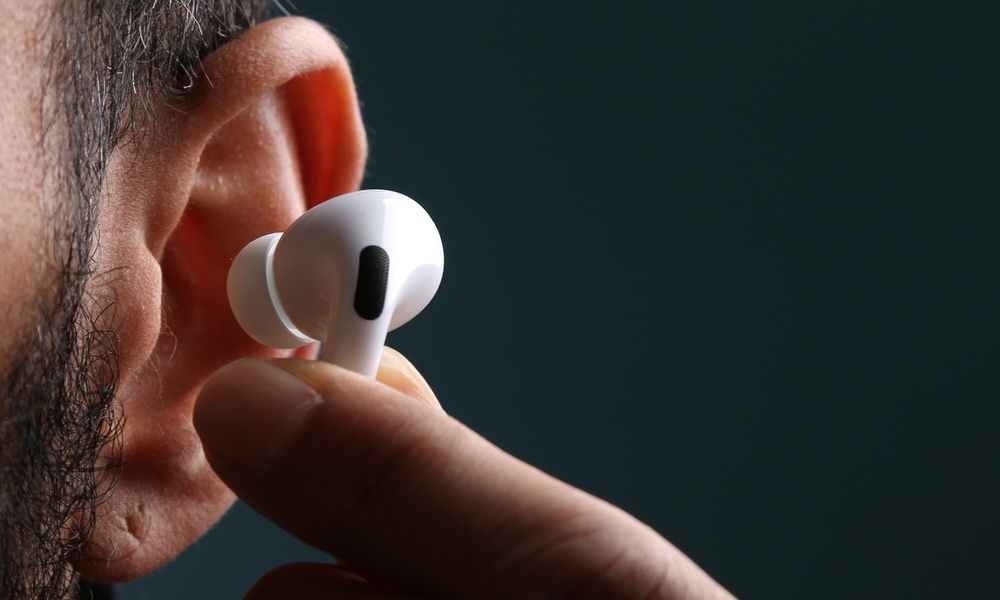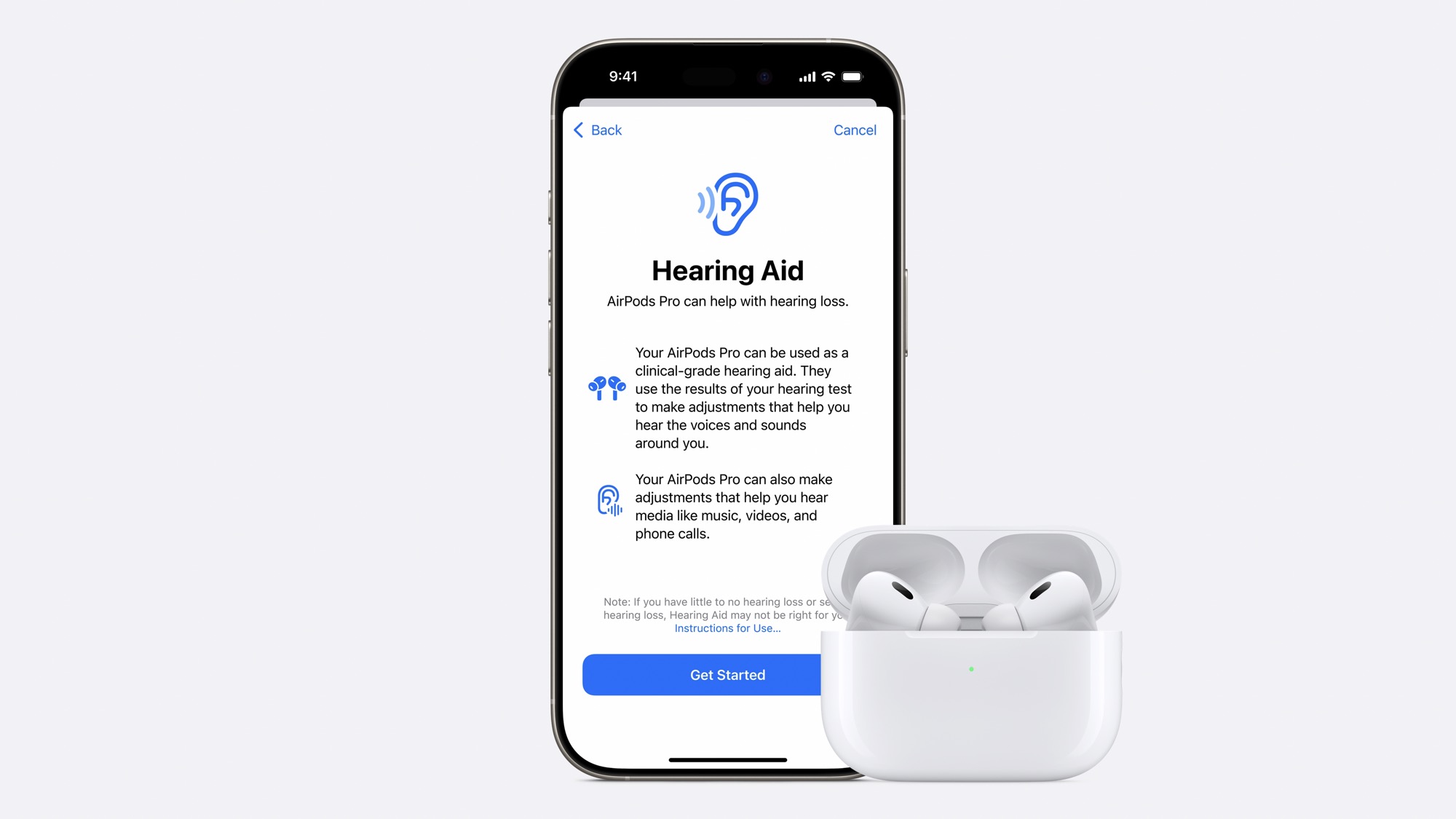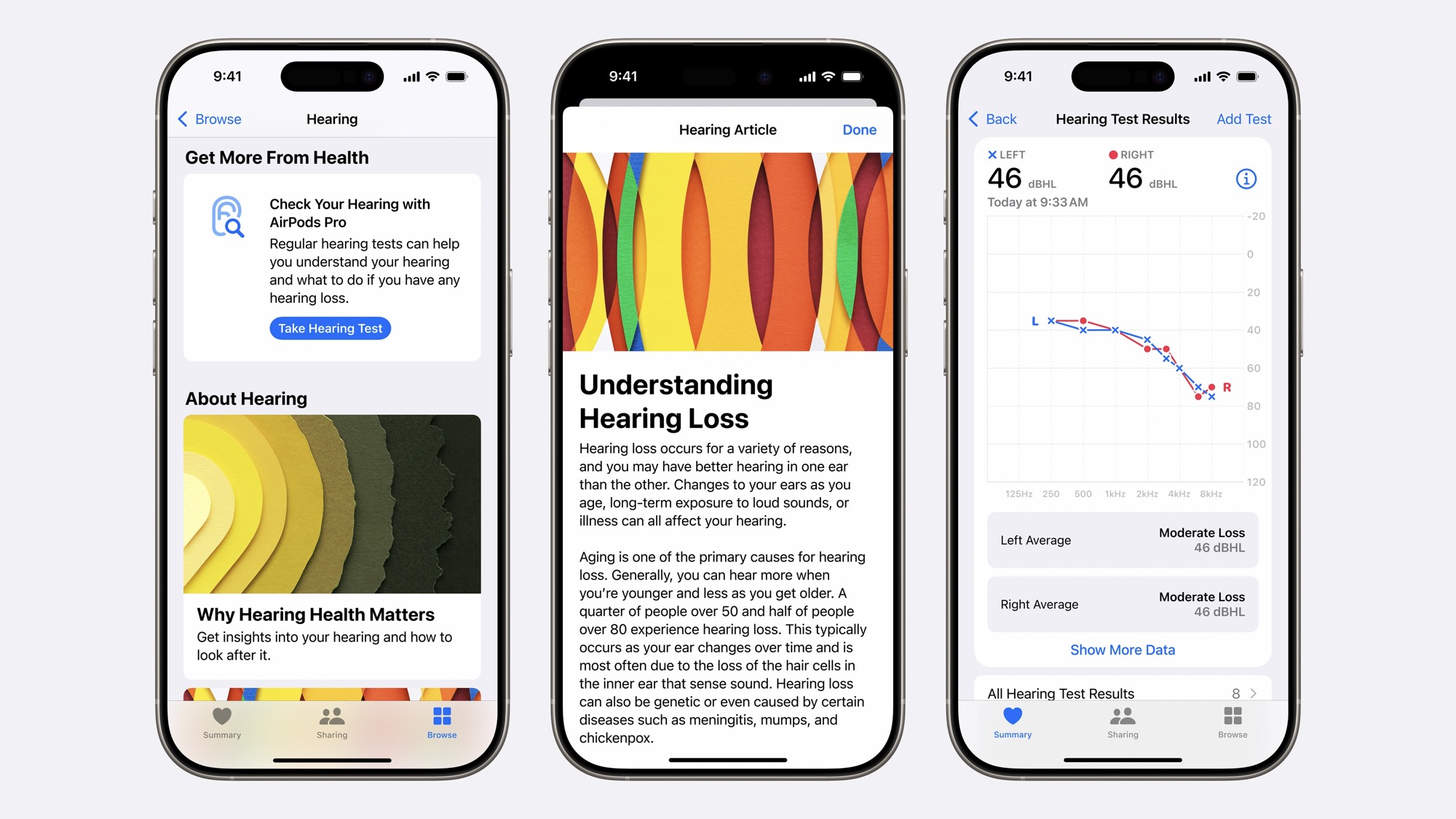When Will AirPods Hearing Aid Features Come to Canada? It’s Complicated

Toggle Dark Mode
While the AirPods 4 were the new belle of the ball during last fall’s Glowtime event, Apple’s flagship AirPods Pro arguably got an even more significant upgrade. Despite the unchanged hardware, iOS 18 introduced a holistic hearing health experience for the premium earbuds — delivered entirely by software.
With iOS 18 and the AirPods Pro, Apple has taken a three-pronged approach to helping users with their hearing health. A Hearing Protection feature filters out loud environmental noises, a Hearing Test provides a clinically validated assessment of your hearing, and a Hearing Aid feature turns the AirPods Pro into clinical-grade hearing aids.
Sadly, these features haven’t rolled out everywhere at once. Using AirPods Pro as hearing aids — or even to conduct hearing tests — often requires regulatory approval from the health authorities in various countries.
Even the US Food and Drug Administration (FDA) hadn’t greenlit the features at the time of Apple’s announcement on September 10. At that time, Apple’s VP of Health, Dr. Sumbal Desai, said the approval was right around the corner, and she wasn’t wrong as the official word from the FDA came down on September 13.
That opened the door to the hearing health features launching in the US, which they did with iOS 18.1. Several other countries around the world also received a subset of these features at the same time, although it was a mixed bag. US customers got the whole trio, while Canada received only Hearing Protection. The UK and Australia initially only received the Hearing Test, while folks in Germany and Japan got both Hearing Aid and Hearing Test, but not Hearing Protection.

These differences come down to the complexity of getting approvals from various government regulators. However, it seems that things are even more complicated in Canada due to multiple layers of government involvement.
Health care in Canada is primarily the responsibility of the individual provinces, each with its own Ministry of Health. Health Canada, a federal agency, sets and administers national standards for health care and provides funding support to each province. However, Health Canada is only responsible for direct healthcare for groups not covered by the provinces: First Nations people living on reserves, serving members of the Canadian Forces, veterans, and inmates in Federal penitentiaries.
Health Canada regulates health products like medical devices, but only insofar as giving baseline approval. Provinces can’t adopt technologies or pharmaceuticals that haven’t been approved at the Federal level, but they can also set additional restrictions on how those are used and delivered in each province.

This creates a bit of a conundrum. When news arrived in December that Health Canada had approved the AirPods Pro to be used as Hearing Aids, many folks got their hopes up that Apple would soon roll the feature out in the Great White North. That hasn’t happened yet, and the reason is more complicated than Apple simply dragging its feed.
As Canada’s CTV News reported earlier this month, the holdup is caused by many of the individual provinces not yet clearing the AirPods Pro to be used for this purpose. For example, even though Health Canada is on board, Canada’s most populous province, Ontario, still requires hearing aids to be prescribed by an audiologist or a doctor, as explained by a spokesperson from Ontario’s health ministry.
As of December 11, 2024, AirPods Pro 2 have been approved as Class II medical devices/hearing aids in Canada. Prescribing a hearing aid in Ontario is controlled by the Regulated Health Professions Act, 1991 (RHPA) and this restricted activity is authorized to only audiologists and physicians. The RHPA also prohibits the dispensing of a hearing aid except under a prescription issued by an authorized health professional.
Ontario Ministry of Health
While the rules vary in other provinces, one of the challenges that Apple faces is that it only controls features at a country level. It’s not set up to restrict features within a country. An iPhone with its region set to “Canada” gets access to any features available in Canada, no matter what province the user is in. So, even if British Columbia allowed AirPods Pro 2 to be used as hearing aids (it doesn’t), Apple can’t turn this feature on for those in BC while still restricting them from users in Ontario. Nevertheless, this isn’t likely a real issue as the regulations differ only slightly between provinces. Prescriptions are mandated in nearly all of them; they mainly differ on who can issue them.
Thankfully, Apple hasn’t given up on trying to get the AirPods Pro 2 approved. An Apple spokesperson recently told The Toronto Star that it’s “working with provinces to get approval on over-the-counter hearing tests and hearing aid features in compliance with current regulations.”
“The company said it hopes to make the features available as soon as possible,” the Star said.
Nevertheless, Apple may face some pushback from health professionals, who have expressed concerns that the technology could be misused and cause more harm than good.
“If the product is not used right or set up right, it can cause more hearing loss and other problems,” Dave Pfingstgraef, former president of the Ontario Association of Professional Audiology Clinics (OAPAC), told CTV News. Sometimes, the issue can be something as simple as wax buildup, or it could be something more serious like a tumor. “If we don’t know what is causing the hearing loss or where it’s coming from,” Pfingstgraef added, “then that’s something that can go untreated for awhile because you haven’t had the opportunity to sit down in front of an audiologist and go through that.”
Another challenge is that the prescription requirement is firmly enshrined in government legislation, at least in Ontario. Thus, the Provincial Legislature would likely need to amend the Regulated Health Professions Act (RHPA) to create an exception to the existing prescription mandate.
There’s also no wiggle room here, as Health Canada and the Ontario Ministry of Health have both established the AirPods Pro 2 as Class II medical devices — essentially medical-grade hearing aids. That’s a testament to Apple’s efforts to turn its earbuds into serious hearing aids, but it also places them squarely in the same category as expensive prescription hearing aids.







